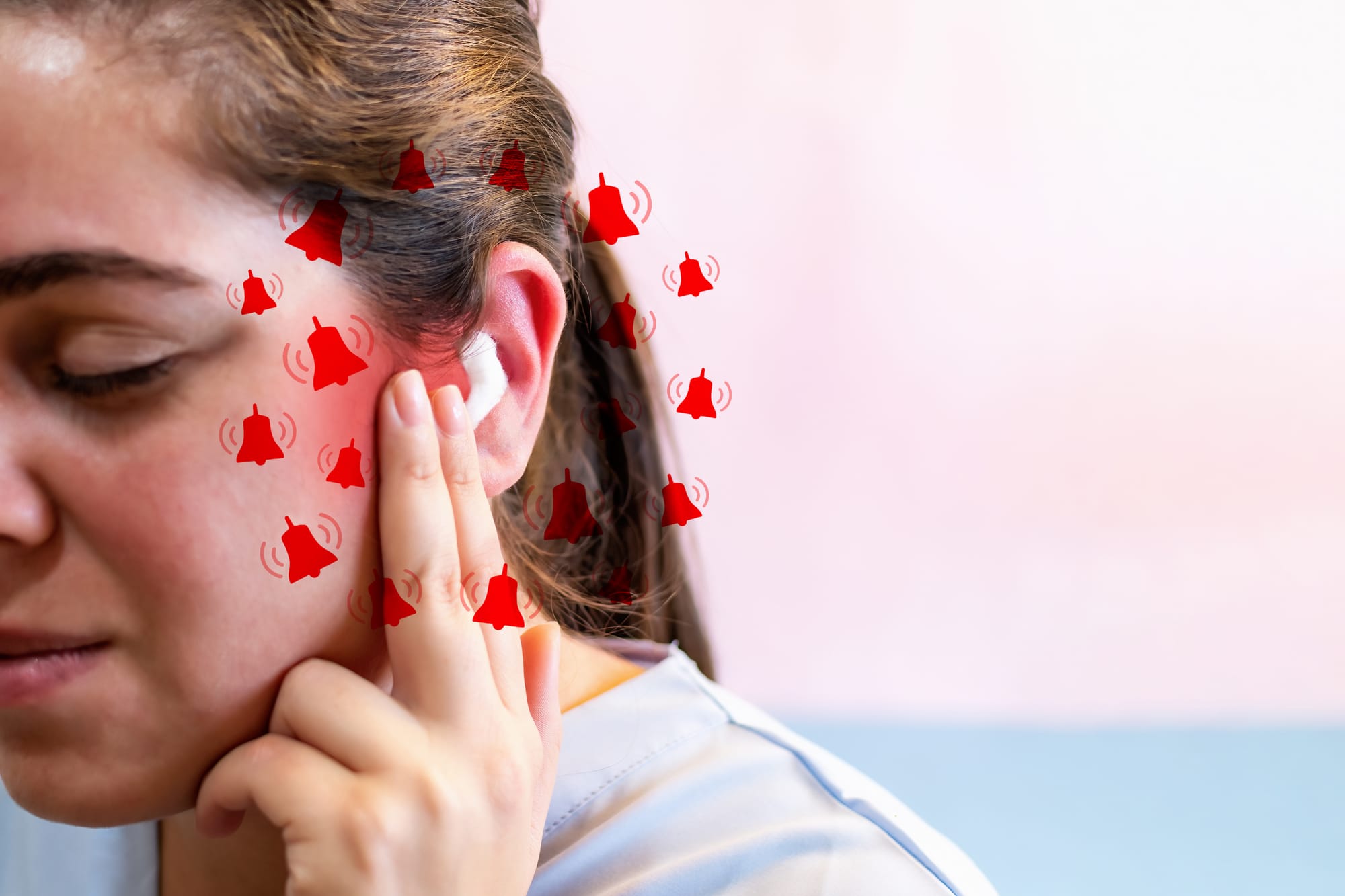Tinnitus

August 2024
I am a member of the SaddleBrooke Hearing Discussion Group. Our group meets at 10 AM on the second Friday of every month in the Sonoran Room at the Mountain View Clubhouse. In this month’s article I would like to briefly discuss tinnitus. Tinnitus (pronounced “tin-NITE-us” or “TIN-ne-tus”) is the medical term for ringing in the ears even though no external sound is present. I suffer from Meniere’s Disease. One of the symptoms of Meniere’s is tinnitus. Fortunately, while I still have profound hearing loss I no longer suffer from tinnitus.
Tinnitus is most often described as a ringing in the ears. However, in my case I didn’t hear a ringing but rather a buzzing sound. When I first discussed tinnitus with my doctor, I mentioned that I understood tinnitus to be ringing in the ears, but I was hearing a buzzing sound not a ring. He told me that individuals with tinnitus hear a phantom noise in their ears. In some cases, it may sound like ringing, but it may also sound like buzzing, roaring, clicking, hissing or humming.
My doctor explained that one of the common causes of tinnitus is when the hair cells that are part of the cochlea get damaged and the brain doesn't receive the signals it’s expecting. In the normal hearing process sound waves travel through the ear canal to the middle and inner ear, where the hair cells in the cochlea transform sound waves into electrical signals that then travel to the brain's auditory cortex via the auditory nerve. However, when the signals aren’t received this stimulates abnormal activity in the brain, which results in the illusion of sound, or tinnitus.
Some people aren't very bothered by tinnitus. For others, tinnitus can disrupt their daily lives. When I was suffering from tinnitus it was difficult to sleep because of the constant buzzing in my ear. If you have tinnitus that bothers you, see your doctor or audiologist, especially if you also have hearing loss or dizziness in association with tinnitus. Your doctor may be able to improve your tinnitus by treating the underlying cause.
Most individuals who have tinnitus also have hearing loss. In this case tinnitus can often be successfully treated with hearing aids. The benefit of hearing aids is with the sound amplification provided by them, they can stimulate the auditory system sufficiently and reduce the perception of tinnitus. I know that when I was suffering from tinnitus, I did get relief when I was wearing my hearing aids.
Another way of treating tinnitus is with sound therapy. White noise, nature sounds, or ambient soundscapes can help distract your brain and reduce your tinnitus symptoms.
If you have questions or would like to discuss this topic further, I invite you to attend one of our monthly meetings. We oftentimes have a student audiologist from the University of Arizona join us at our meetings. You can contact me at tgaule@outlook.com.